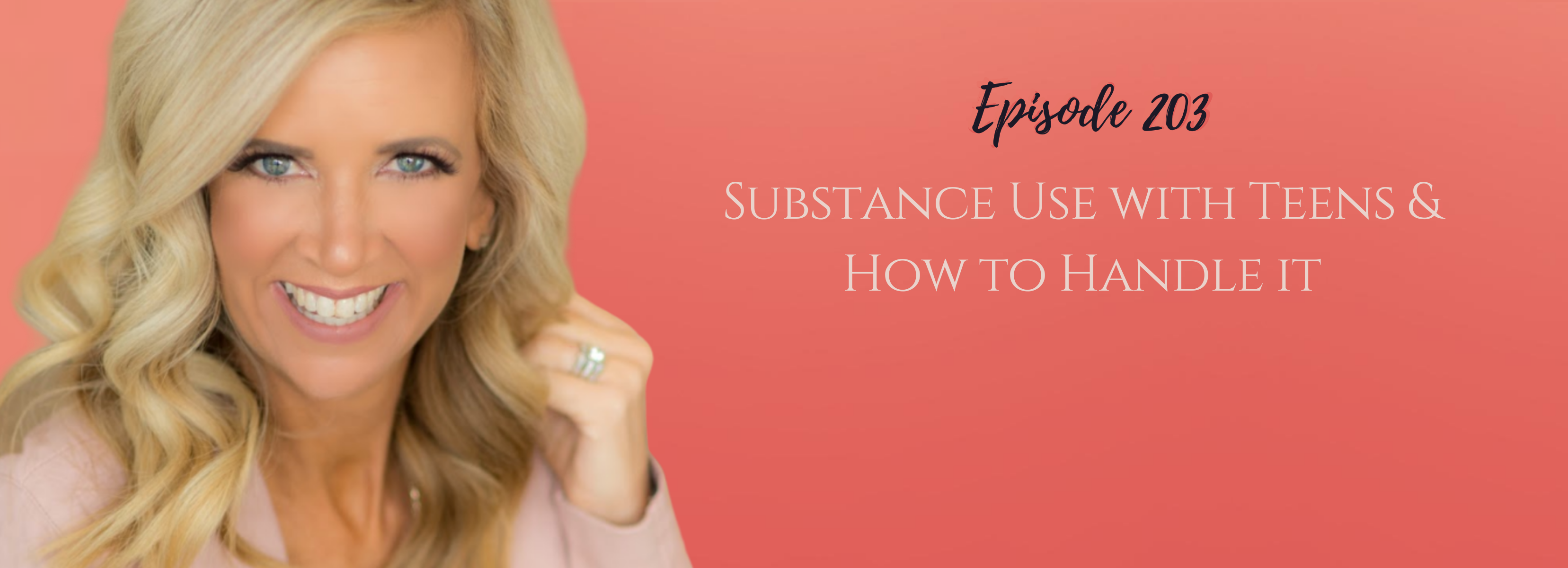
Substance Use with Teens & How to Handle it with RichardCapriola | 3.8.2023
You'll Learn
- Highlights of the new research on adolescent substance use
- The staggering statistics of substance abuse in teens
- Recommendations and treatments for teens struggling with substance abuse
Resources
Addiction Warning Signs, Prevention and Treatment in Teens with Richard Capriola
For counseling services near Indianapolis, IN, visit www.pathwaystohealingcounseling.com.
Subscribe and Get a free 5-day journal at www.kristendboice.com/freeresources to begin closing the chapter on what doesn’t serve you and open the door to the real you.
This information is being provided to you for educational and informational purposes only. It is being provided to you to educate you about ideas on stress management and as a self-help tool for your own use. It is not psychotherapy/counseling in any form.
[fusebox_transcript]